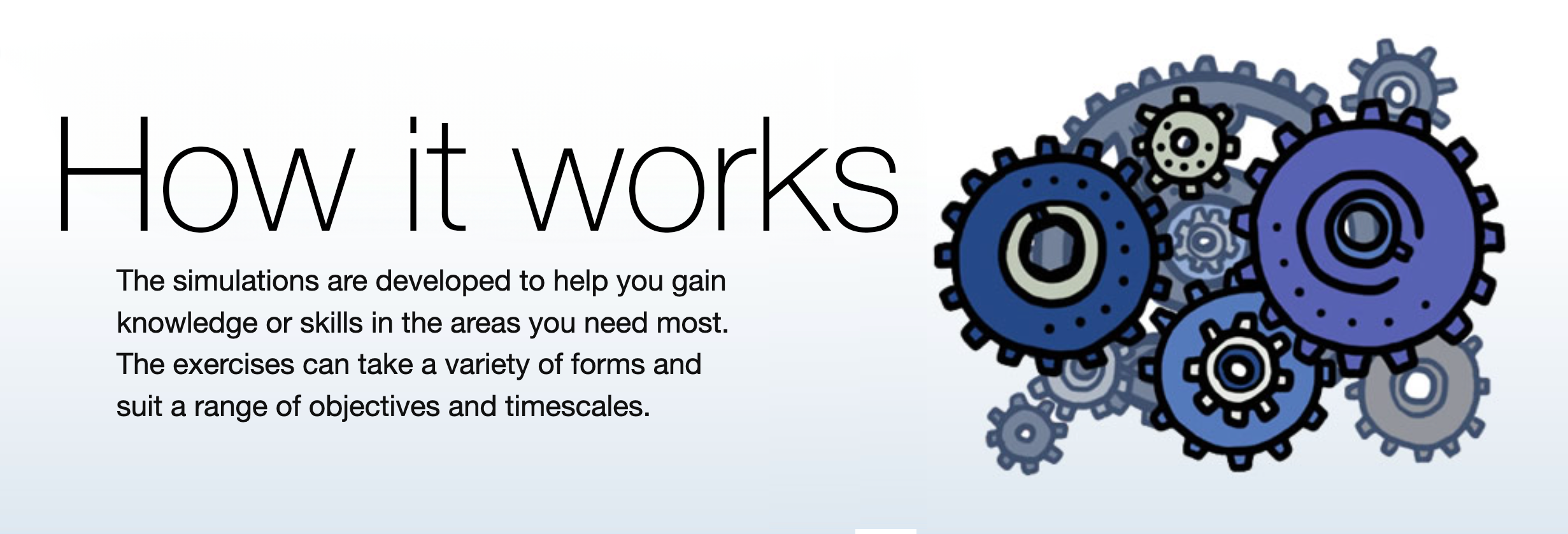The simulation works best if it addresses your specific interests and helps you gain knowledge or skills in the areas you need most. Our first step is therefore to meet with you in order to choose a topic and scenario that suits your requirements and timescales.
Please note, the procedure is somewhat different for students and professors teaching university courses, who can download a PDF of the process on the ‘academics’ page of the site.
Types of Simulations
Simulations can take a variety of forms and address a range of topics. For example, you might want to:
Learn in great detail about one particular conflict, region or culture
Focus on negotiation, leadership or mediation skills
Test progressive or ‘out-of-the-box’ ideas before presenting advice to mediators or decision makers
After having decided on the subject matter and format for the simulation, the TRACK4 team will collate useful and up-to-date materials, and develop roles and scenarios.
Input from the Real Players
In many cases we will bring in consultants – real negotiators, topical specialists, academics, politicians – who are involved in the particular issue or conflict being addressed, and can offer specialized briefings or negotiations/mediation ‘coaching’.
A Live Negotiation
The simulation is not a linear process, and there is no preset plan for how it must unfold. It is a ‘live’ negotiation and can thus succeed or fail, according to the path you have taken. The authenticity and depth of the learning experience depends on the extent to which you have embraced and put forth your own position and objectives in the process.
Debrief
After the simulation we hold a ‘debrief’ session. This is a crucial step that allows you to access your own performance in the process, receive personalized feedback from organizers and coaches, and analyze lessons learned about the particular topic.
“The benefit of the simulation is that you are actually able to step into the shoes of the people you are supposedly representing and really experience the difficulty of making sacrifices and compromises.”
Douglas E., Israeli/Palestinian simulation, GPIA



